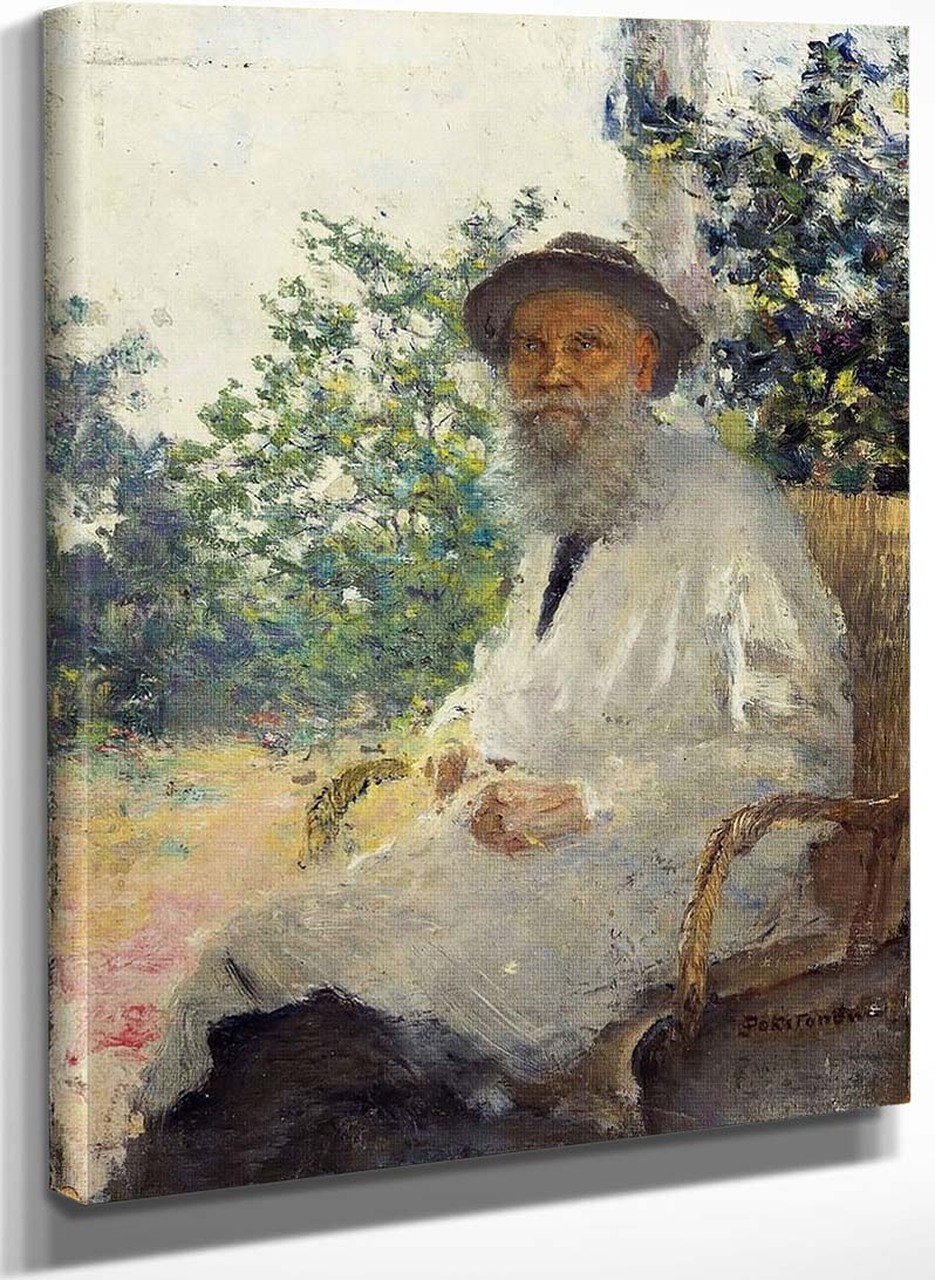Leo Tolstoy Archive
Written: 1912
Source: The Forged Coupon: And Other Stories, by Leo Tolstoy, 1912, Translated from the Russian by Herman Bernstein, published by Ogilvie Publishing Company, 57 Rose Street, New York, produced for Gutenberg.org by Judith Boss and David Widger, 2006.
Transcription/Markup: Andy Carloff
Online Source: RevoltLib.com; 2021

Ten years passed. Mitia Smokovnikov had finished his studies in the Technical College; he was now an engineer in the gold mines in Siberia, and was very highly paid. One day he was about to make a round in the district. The governor offered him a convict, Stepan Pelageushkine, to accompany him on his journey.
“A convict, you say? But is not that dangerous?”
“Not if it is this one. He is a holy man. You may ask anybody, they will all tell you so.”
“Why has he been sent here?”
The governor smiled. “He had committed six murders, and yet he is a holy man. I go bail for him.”
Mitia Smokovnikov took Stepan, now a bald-headed, lean, tanned man, with him on his journey. On their way Stepan took care of Smokovnikov, like his own child, and told him his story; told him why he had been sent here, and what now filled his life.
And, strange to say, Mitia Smokovnikov, who up to that time used to spend his time drinking, eating, and gambling, began for the first time to meditate on life. These thoughts never left him now, and produced a complete change in his habits. After a time he was offered a very advantageous position. He refused it, and made up his mind to buy an estate with the money he had, to marry, and to devote himself to the peasantry, helping them as much as he could.
XIX
HE carried out his intentions. But before retiring to his estate he called on his father, with whom he had been on bad terms, and who had settled apart with his new family. Mitia Smokovnikov wanted to make it up. The old man wondered at first, and laughed at the change he noticed in his son; but after a while he ceased to find fault with him, and thought of the many times when it was he who was the guilty one.